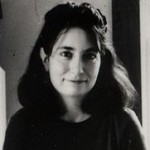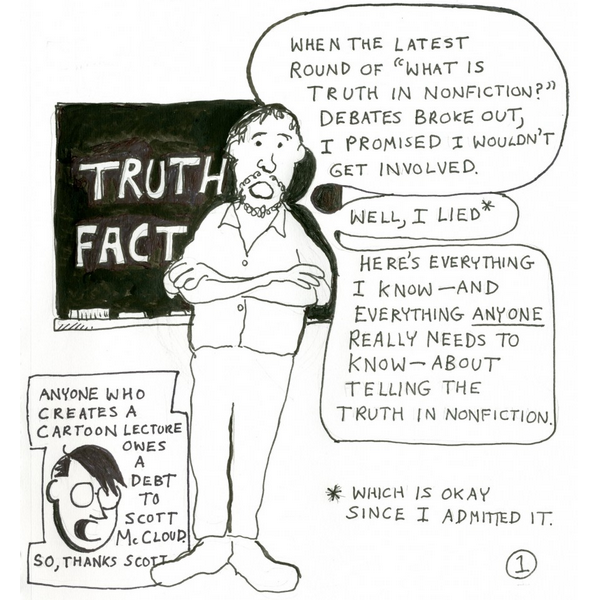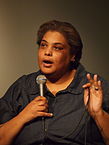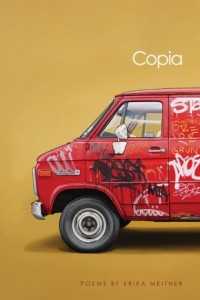 After our class discussion last week, I was curious about whether or not Dr. Hayward Kreiger (the philosopher who supposedly wrote the introduction for Lying) was real. So, as I always do when I question the authenticity of an introduction in a highly-contested memoir, I turned to Google.
After our class discussion last week, I was curious about whether or not Dr. Hayward Kreiger (the philosopher who supposedly wrote the introduction for Lying) was real. So, as I always do when I question the authenticity of an introduction in a highly-contested memoir, I turned to Google.
This is what I found: a New York Times Book Review journalist, wondering the same thing, called the University of California to inquire about Dr. Krieger and found that there was no such person. Then, a few weeks later, that same journalist received a handwritten letter from—who else?—Dr. Kreiger. The letter states, “Identity has always been a fragile phenomenon, but that it now rests upon the report of overworked operators at a university switchboard is perturbing, and we should all beware.” According to the letter, Dr. Kreiger had simply left the university. But here’s the real kicker: the return address on the letter was for the clinic Slater worked at, and the phone number listed under Dr. Kreiger’s contact info belonged to Slater’s husband. Continue reading →




